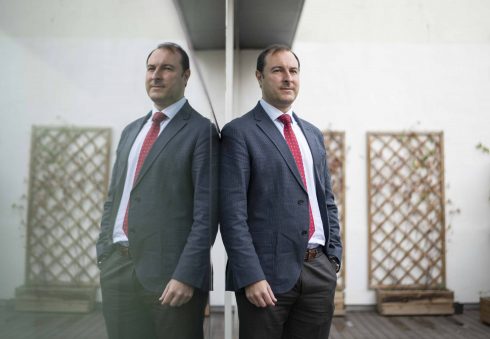IN Madrid, investors have been eyeing up tenants who still pay €7 a month.
Despite soaring rent prices in the capital, there are still a few lucky residents on old contracts originating from the Franco era.
Real estate companies are buying these properties and wait for the occupants to pass away in order to increase the rent.
Luis de Ulibarri, a real estate businessman has just snapped up eight apartments in the centre of Madrid for €1.8 million, which comes to €225,000 for each flat.
Given the current state of the property market, this seems like a steal, but there is a catch.
All eight of these apartments come with a tenant who is on the old rental contracts, fixed by law during Franco’s dictatorship.
The lowest rent is as low as €7 per month; the highest is €700, for a place that in today’s market prices would cost around €1,800.
These rents have been frozen in time, with the tenants enjoying the terms of the contracts signed before May 9 1985.
There are only a handful of these fortunate tenants left in Madrid and most prefer to keep quiet, perhaps fearing the envy of their neighbours.
For the landlords, these units have proved an endless headache.
But De Ulibarri, a 40-year-old tax attorney and the president of Almagro Capital – a Real Estate Investment Trust (REIT) – is one of a number of investors willing to risk taking the properties off their hands.

The REIT calculates the tenants’ life expectancy, buys the properties, then waits for them to pass away.
“Might we have to wait until 2050 in some cases? Well, we’ll suck that up,” said De Ulibarri.
When the owners of these old rental contracts die off, the law allows a maximum of two subrogations to take over the contract.
One is for the contract holder’s spouse to assume the contract indefinitely, and one is for the contract holder’s children for a limited period of two years.
Click here to read more Property News from The Olive Press.








